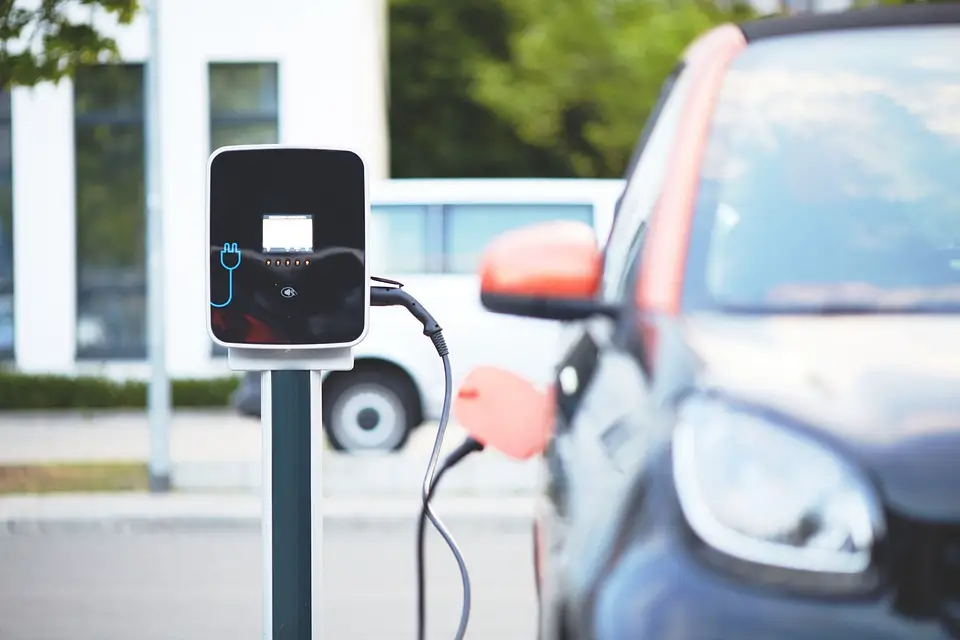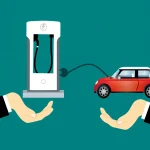As Poslovni Dnevnik/Darko Bicak writes, Croatia has been encouraging its residents to use electric vehicles for ten years now, a move on which it had spent and continues to spend serious money, but despite that, the share of electric cars on Croatian roads is still not ideal – out of 2.2 million registered vehicles, just over a thousand are electric.
Statistics from the Croatian Vehicle Centre (CVH) say that Croatia currently has 1,343 registered e-cars, 1,437 electric motorcycles and 164 e-vans/trucks.
Field preparation
There are several reasons for the above data, from the high cost of such vehicles, their modest autonomy to a relatively poor model of incentives and a general lack of infrastructure. However, the fact is that electric vehicles are the future of mobility and everyone agrees that, in addition to the fact that such a mode of transport can achieve great savings given significantly lower fuel and maintenance costs, electric vehicles will play a major role in reducing emissions and aiding the environment.
This is one of the main goals of the European Union (EU), and in many countries we can see how governments can encourage the purchase of electrified vehicles and invest in the construction of infrastructure for their charging.
The situation is somewhat similar here in Croatia. Potential buyers in our country have been able to get their hands on one of the most generous incentives when buying electric vehicles for years, but the biggest obstacle for a large number of them is the overall lack of infrastructure, which is why this new rule for Croatian new builds could be so important.
There are a significant number of e-vehicle charging stations throughout the Republic of Croatia, but building occupants are not yet able to connect their own electric cars to a home outlet, and most parking spaces don´t have the necessary infrastructure to install such chargers.
As such, back on December the 17th, 2019, the new Construction Act was passed which stipulates that parking spaces in buildings and next to them must have pre-installation for electric car charging, and this law came into force this week, on Wednesday, March the 10th.
This means that all Croatian new builds whose location or construction permit has been or will be requested from March the 10th this year will have to have a pre-installation to install an electric car charger.
As can be read from the law, all Croatian new builds will have to have a retracted charger pre-installation at each parking space located in the building or next to the building, and all other buildings will need to have one pre-installed at one of every five parking spaces.
Hrvoje Prpic, the president of the Strujni krug association, which brings together Croatian owners of e-vehicles, believes that electric vehicles are like mobile phones – they are usually charged up again at night when we aren´t using them.
“If we know that one day all vehicles will become electric, then it´s clear that every parking space and garage will need to become a place to charge them. In this transitional period, we need to make as many preparations as possible for the time which is approaching us,¨ he noted.
The aforementioned association pointed out that these now mandatory installations in the parking spaces of Croatian residential new builds will greatly facilitate the development of infrastructure for electric vehicles, and at the same time their future drivers will find everything much easier.
Given the increase in sales of electric vehicles recorded in Croatia, as well as an even more significant increase in the EU, the age of electric vehicles is already here and, they say, now is the time for the serious preparation of infrastructure.
For the latest travel info, bookmark our main travel info article, which is updated daily.
Read the Croatian Travel Update in your language – now available in 24 languages.
Join the Total Croatia Travel INFO Viber community.











